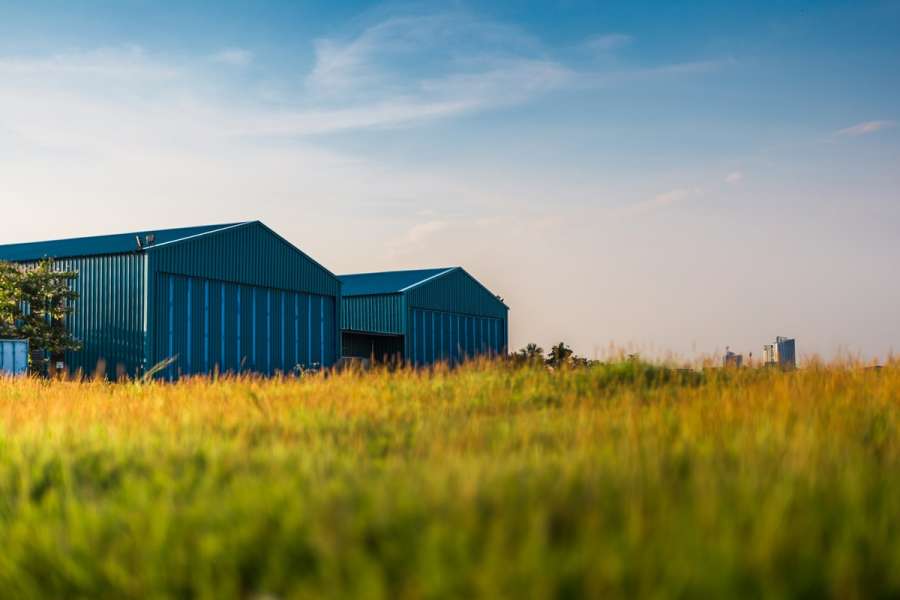The effect of increasing the value of arable land can be seen in the recent case of Spencer v Spencer [2023] EWHC 2050. This claim involved a 400-acre family farm where the claimant, Michael Spencer, had worked alongside his father, John Spencer, for more than 40 years.
Michael had been assured that he would inherit the farm upon his father John's death, but shortly before he died, John changed his Will, leaving the farm in a discretionary trust for the benefit of his children and grandchildren.
![Spencer v Spencer [2023] EWHC 2050](/assets/Spencer-v-Spencer-2023-EWHC-2050__ResizedImageWzYwMCwzNTdd.jpg)
The Judge, Rajah J, accepted Michael's evidence that his father had promised him the farm, even though the assurances made by John had been general and Michael's memory of events and exactly how and when they occurred was unreliable.
He held that, despite their difficult working relationship, John's promises had been sufficient to ensure that Michael spent the entirety of his working life on the farm.
The Judge held that the Will was unconscionable under all circumstances. He found that there was a quasi-bargain between Michael and his father, and Michael had kept his side of the bargain.
This conclusion was drawn despite Michael having been left in a comfortable financial situation. In that respect, he received free accommodation and living expenses, a partnership capital account, and a pension fund worth over 2.1m.
The Judge held that, nonetheless, Michael's conduct in reliance on his father's promises would be detrimental to him unless those promises were kept:
"As Mr Jourdan says, however, where a parent promises a child a farm if they work on the farm until the parent dies, and the child does what they were asked to do, giving up the possibility of other options, and positioning their working life based on the assurances, that is likely to amount to detrimental reliance. It is not possible to put a money value on the unquantifiable detriment of committing a life to a farm and not building a different life elsewhere, nor to recreate a world without the assurances".
The estate contained a section of land for which planning permission had been granted to extract minerals, referred to as the "New Quarry Land".
![Spencer v Spencer [2023] EWHC 2050 2](/assets/Spencer-v-Spencer-2023-EWHC-2050-2__ResizedImageWzYwMCw0MDFd.jpg)
The planning permission to extract minerals was not granted until some two years after John's death. This meant that the land had significantly increased in value to around £1.9 million, as against the estimated agricultural value of £8,500 per acre, or £765,000.
It was held that, unlike the rest of the land, which had potential alternative uses, the 'hope value' of the New Quarry Land had crystallised, and the transfer of this land to Michael would have constituted a windfall not in line with the expectations he had of inheriting the farm.
The proposed remedy was that Michael should inherit the farm without the New Quarry section of the land but that he should also be entitled to the agricultural value of the New Quarry Land so he could purchase alternative fields if he wanted to and was able to do so.


![Spencer v Spencer [2023] EWHC 2050](/assets/Spencer-v-Spencer-2023-EWHC-2050__ResizedImageWzYwMCwzNTdd.jpg)
![Spencer v Spencer [2023] EWHC 2050 2](/assets/Spencer-v-Spencer-2023-EWHC-2050-2__ResizedImageWzYwMCw0MDFd.jpg)
